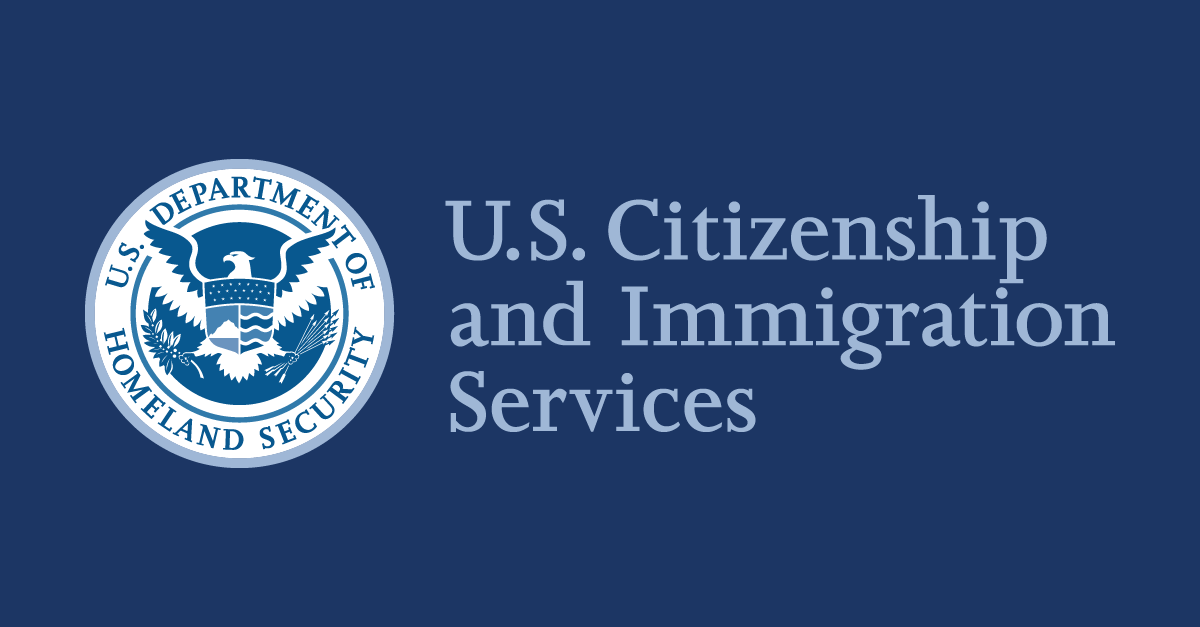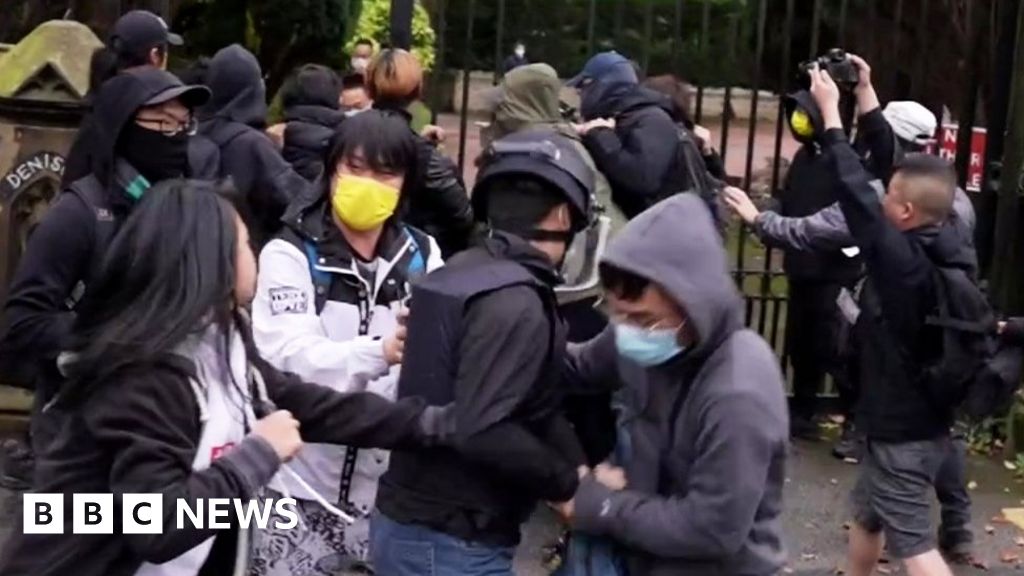I don’t know what consular technically means. My wife’s boss was an ambassador. When we were married it was not clear how to go from A1 to permanent resident. She said we should get an attorney but I said no need I’ll figure it out online, which I did. It’s a rare thing because normally a person’s status is higher in their home country they don’t want to be a us green card holder.
One time I offered a colossal shrimp to a driver, and immediately from his reaction realized I had committed a faux pas
OK. Didn't quite understand what A-1 meant. However, I looked it up (visa designation) and that applies to consular officers too.

travel.state.gov
Diplomats and Officials Requiring A-1 Visas - Examples:
- Head of State or Government, regardless of the purpose of travel
- Ambassador, Public Minister, Career Diplomat or Consular Officer coming to serve at a foreign embassy or consulate in the United States, such as an ambassador or consul
But in terms of diplomatic and consular immunity, it really depends on all sorts of things.
Consular Officers
Consular officers are those members of consular posts who are recognized by both the sending and the host country as fully authorized to perform the broad array of formal consular functions. They have only official acts or functional immunity in respect of both criminal and civil matters, and their personal inviolability is quite limited. Consular officers may be arrested or detained pending trial only if the offense is a felony and that
the arrest is made pursuant to a decision by a competent judicial authority (e.g., a warrant issued by an appropriate court). They can be prosecuted for misdemeanors, but remain at liberty pending trial or other disposition of charges. Property of consular officers is not inviolable. Consular officers are not obliged to provide evidence as witnesses in connection with matters involving their official duties, to produce official documents, or to provide expert witness testimony on the laws of the sending country. Absent a bilateral agreement, the family members of consular officers enjoy no personal inviolability and no jurisdictional immunity of any kind.
As indicated, official acts immunity pertains in numerous different circumstances. No law enforcement officer, U.S. Department of State officer, diplomatic mission, or consulate is authorized to determine whether a given set
of circumstances constitutes an official act. This is an issue which may only be resolved by the court with subject matter jurisdiction over the alleged crime. Thus, a person enjoying official acts immunity from criminal jurisdiction may be charged with a crime and may, in this connection, always be required to appear in court (in person or through counsel). At this point, however, such person may assert as an affirmative defense that the actions complained of arose in connection with the performance of official acts. If, upon examination of the
circumstances complained of, the court agrees, then the court is without jurisdiction to proceed and the case must be dismissed. Law enforcement officers are requested to contact the Department of State before arresting a consular officer, or, if not possible, immediately after arrest.
Consular officers who are full-time practitioners of consular functions are referred to as “career” consular officers. These officers are normally nationals of the sending country who are sent to the United States to perform these functions for a specific period and then are transferred to a further assignment. Career consular officers are prohibited by international law from engaging in professional or commercial activities outside the scope of their official consular functions.
********
Special Bilateral Agreements
In some cases, a country and the United States have concluded a bilateral consular agreement that grants to members of the staff of their consulates (provided they are not U.S. nationals, legal permanent residents, or permanently resident in the United States) privileges and immunities approximating those afforded diplomatic agents. Law enforcement officers should be aware that these arrangements are not uniform and the U.S. Department of State identification cards issued to these persons reflect the appropriate level of immunity.
I heard of a Chinese Consul-General in the UK (Manchester) going out and physically attacking a protester outside the consulate. I researched it and apparently the UK has a bilateral agreement that gives them the equivalent of diplomatic immunity, so he couldn't be tried for it. And in any case there's the possibility of claiming that it was an "official act" on behalf of his country.
The group includes the consul-general, who denied beating a pro-democracy protester in Manchester.

www.bbc.com

 www.nbcbayarea.com
www.nbcbayarea.com

 www.nbcbayarea.com
www.nbcbayarea.com


